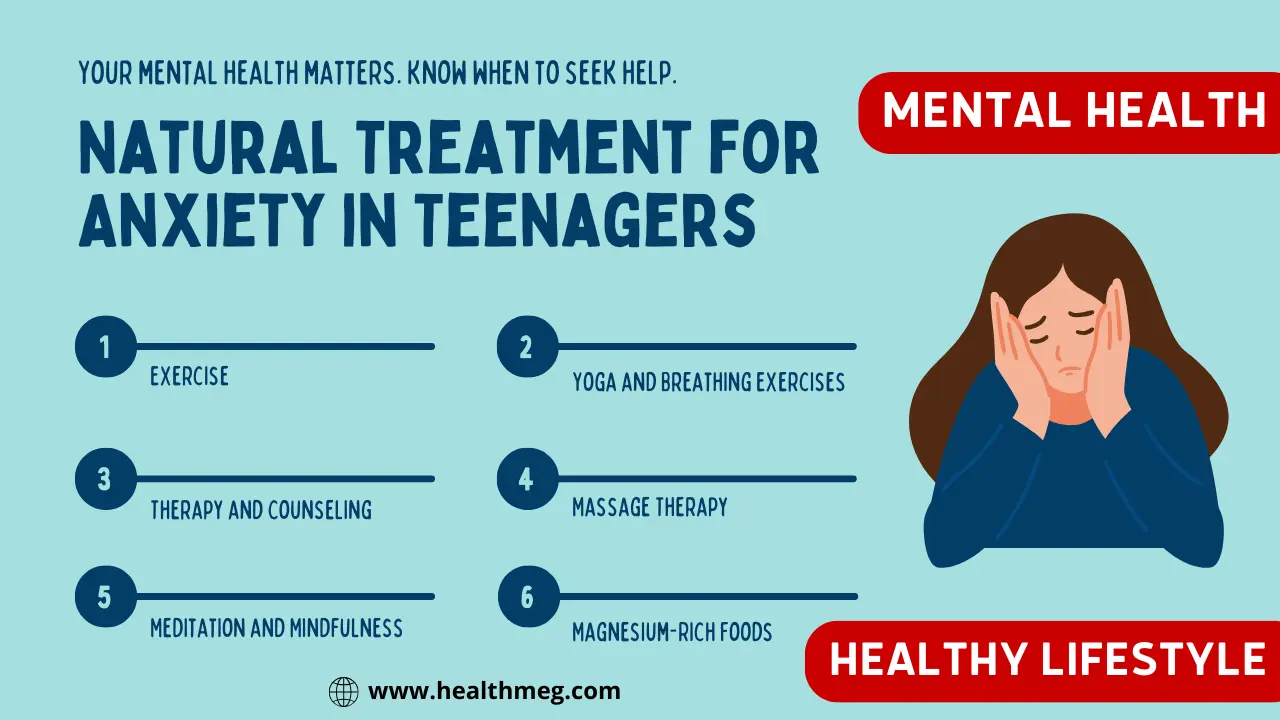Whether you’re an avid walker or just starting, completing a 5-mile trek on foot is an excellent benchmark for fitness. But how long does it take to walk 5 miles? The time needed can vary substantially depending on your age, fitness level, walking pace, body weight and more. For some people, a 5-mile walk may breeze by in under an hour, while for others it could take over two hours to finish.
If you’ve ever wondered “How long does it take to walk 5 miles considering age, pace and calories burned?”, this in-depth guide provides key insight. We’ll explore how factors like age, speed, conditioning and body composition impact the time required to walk 5 miles. You’ll also learn about calories burned during a 5-mile walk. Let’s dig in to optimize your next 5-mile walk!
Do read the People Also Ask (FAQs) about this topic.
How Far Is 5 Miles?
Before we delve into the details of “How Long Does It Take To Walk 5 Miles”, it’s important to first understand the distance we’re talking about. So, let’s discuss “How Far Is 5 Miles?”.
To better comprehend the distance of 5 miles, let’s convert it into various commonly used units:
| Unit | Distance |
|---|---|
| Kilometers | Approximately 8.05 |
| Meters | Approximately 8050 |
| Feet | Approximately 26,400 |
| Yards | Approximately 8800 |
| Steps | Approximately 10,000 to 12,500 |
How Long Does It Take To Walk 5 Miles
Now, Let’s Start exploring how long it takes to walk 5 miles when it is compared according to age, pace, and calories burned.
As per the data from the Centers of Disease Control and Prevention (CDC), adults typically walk at a pace ranging from 2.5 to 4 miles per hour on average.
So, if you’re walking at a slower pace of 2.5 miles per hour, you would need 2 hours, or 120 minutes, to walk 5 miles.
How Long Does It Take To Walk 5 Miles By Age For Men and Women

Age can significantly influence how long it takes to walk 5 miles. Here’s a breakdown of average 5-mile walk times by age group:
| Age Group | Average Time for Men to Walk 5 Miles (H:MM:SS) | Average Time for Women to Walk 5 Miles (H:MM:SS) |
|---|---|---|
| 20-29 | 1:28:20 (88.3min) | 1:40:00 (100min) |
| 30-39 | 1:33:45 (93.75min) | 1:40:00 (100min) |
| 40-49 | 1:33:45 (93.75min) | 1:36:22 (96.4min) |
| 50-59 | 1:33:45 (93.75min) | 1:40:30 (102.5min) |
| 60-69 | 1:40:00 (100min) | 1:38:20 (108.3min) |
| 70-79 | 1:47:30 (107.5min) | 1:58:40 (118.6min) |
| 80-89 | 1:18:20 (138.3min) | 2:22:30 (142.5min) |
While these are general time ranges, individuals may fall outside them based on their health and fitness. The key is to walk at an intensity that challenges you appropriately for your current ability level. You can also read a research study on the effects of age and walking speed.
How Long Does It Take To Walk 5 Miles At Different Walking Speeds And Pace?
The speed at which you walk significantly determines how quickly you can cover a distance of 5 miles. Here are the estimated times to walk 5 miles based on different paces:
| Walking Speed (mph) | Walking Pace (min/mile) | How Long Does It Take to Walk 5 Miles? (hour : min : sec) |
|---|---|---|
| 2.8 | 21:26 | 1:47:12 |
| 3 | 20:00 | 1:40:00 |
| 3.1 | 19:21 | 1:36:42 |
| 3.2 | 18:45 | 1:33:45 |
| 3.3 | 18:10 | 1:30:51 |
| 3.4 | 17:38 | 1:28:15 |
| 3.5 | 17:08 | 1:25:42 |
| 3.6 | 16:40 | 1:23:22 |
| 3.7 | 16:12 | 1:21:06 |
| 3.8 | 15:47 | 1:18:54 |
| 3.9 | 15:23 | 1:16:45 |
| 4 | 15:00 | 1:15:00 |
| 4.1 | 14:38 | 1:13:12 |
| 4.2 | 14:17 | 1:11:24 |
| 4.3 | 13:57 | 1:09:45 |
| 4.4 | 13:38 | 1:08:12 |
| 4.5 | 13:20 | 1:16:39 |
| 4.6 | 13:02 | 1:05:15 |
| 4.7 | 12:45 | 1:03:45 |
| 4.8 | 12:30 | 1:02:30 |
| 4.9 | 12:14 | 1:01:10 |
| 5 | 12:00 | 1:00:00 |
As you can see, your walking pace has a direct relationship with how quickly you can walk 5 miles. Improving pace comes through training the cardiovascular and muscular systems.
How Long to Walk 5 Miles in Different Terrain?

The time it takes to walk 5 miles can vary greatly depending on the type of terrain you’re walking on. Here’s a general guide:
| Terrain | Estimated Time to Walk 5 Miles |
|---|---|
| Flat, Paved Surfaces | 75 to 100 minutes |
| Grassy Fields | 83 to 120 minutes |
| Hilly Terrain | 150 to 200 minutes |
| Sandy Beaches | 150 to 300 minutes |
| Rocky Trails | 150 to 200 minutes |
| Snowy Paths | 225 to 400 minutes |
Please note that these are just estimates. The actual time can vary based on your fitness level, walking speed, and the specific conditions of the terrain.
How Many Calories Are Burned Walking 5 Miles
Walking 5 miles burns a considerable number of calories, making it great for supporting weight management goals. Here are estimates for calories expended based on body weight:
| Body Weight | Calories Burned Walking 5 Miles |
|---|---|
| 120 pounds | 298 calories |
| 150 pounds | 372 calories |
| 180 pounds | 447 calories |
| 210 pounds | 521 calories |
| 240 pounds | 595 calories |
Calorie burn is higher with increased intensity. racewalking or jogging 5 miles can burn 700+ calories for a 150-pound person. Having a heavier body weight also increases calories used due to carrying more mass.
Supporting fat loss requires a calorie deficit. Combining a regular 5-mile walk routine with a balanced diet tailored to your needs makes weight management much more feasible for most people.
How Fitness Level Impacts 5-Mile Walk Time
Your current fitness level is a major factor influencing how long it takes to walk 5 miles. Here’s an overview:
- Low Fitness Level: For previously sedentary people just starting to exercise, a 5-mile walk may take over 90 minutes and require frequent rest breaks. Building an aerobic base is a gradual process.
- Moderate Fitness Level: If you exercise occasionally, a reasonable 5-mile walking time is 60-90 minutes. Consistency with training will help improve pace and endurance.
- High Fitness Level: For very active people who train aerobically 4-5 times a week, a 5-mile walk time of under 60 minutes is attainable. Greater fitness allows faster paces to be maintained.
- Athlete Level Fitness: Competitive race walkers and elite athletes can complete 5 miles in under 45 minutes. Their high VO2 max allows fast paces with less effort.
So in essence, the more aerobically fit you are, the faster you will likely be able to walk 5 miles. Focus on gradually improving your endurance through regular brisk walking or jogging to work towards a faster 5-mile time.
How Weight and Body Composition Influence 5-Mile Time
Your body weight and composition play a key role in walking pace and endurance. Here’s how these factors impact 5-mile walk time:
- Carrying extra body fat adds weight that must be moved with each step, increasing energy expenditure. This can make maintaining faster paces more challenging.
- Higher body fat percentage is correlated with lower cardiovascular fitness which hampers endurance needed to walk faster or further.
- Low muscle mass also impairs speed and stamina compared to higher percentages of lean body mass. Muscle endurance fuels your ability to sustain faster paces for longer periods.
- Weight from excess adipose tissue increases ground reaction forces and bearing load on the skeletal system which can heighten strain and fatigue.
- Excess weight stresses the respiratory system by requiring greater oxygen consumption to fuel movement during exercise.
Optimizing your body weight and composition through nutrition and strength training allows faster 5-mile walk times to be achieved with less effort. Even a 5-10% reduction in body fat can make a significant impact on your walking pace, endurance and experience.
Tips for Improving Your 5-Mile Walk Time
Here are some helpful tips for improving your 5-mile walking speed and fitness:
- Walk consistently 3-5x per week to build cardiovascular endurance. Frequency is key.
- Gradually increase the length of your regular walks from 2 miles to 5+ miles.
- Incorporate interval training by alternating brisk paces with moderate paces during walks.
- Add incline walking on hills or treadmills to build strength and burn more calories.
- Try racewalking drills to enhance form and foot speed. Drive arms and swing hips.
- Improve posture by keeping your gaze forward with shoulders back and down.
- Use a fitness tracker to monitor your pace, heart rate zones and progress over time.
- Lose excess body fat through calorie deficit to reduce energy expenditure at given paces.
- Strength train 2-3x per week using body weight, bands, or weights to build muscle endurance.
Being patient with gradual progress while utilizing these training strategies will help you achieve your 5-mile walk time goals and prime health and fitness.
Conclusion
Walking 5 miles at a brisk pace is an achievable goal for most people willing to put in consistent training over time. While your age, fitness level, walking pace, body weight and other factors affect how quickly you can complete the distance, gradual progress is possible through methods like interval training, strength work, form drills and optimizing nutrition.
With smart periodization, listening to your body, and tracking data like pace and heart rate, you can successfully build up to faster 5-mile walk times. Use this guide to understand the variables impacting your 5-mile walk time and performance. With determination and patience, you can accomplish your 5-mile walking goals and reap your fitness and health benefits.
People Also Ask (FAQs)
Q) How many minutes should it take to walk 5 miles?
A) For most relatively fit adults, a reasonable time to walk 5 miles is 60-90 minutes. Faster athletes may complete it in under an hour, while slower walkers may need 2+ hours. Times vary based on fitness level, walking pace, age and other factors.
Q) Can you lose weight by walking 5 miles?
A) Yes, walking 5 miles burns substantial calories, so it can help create the calorie deficit needed for weight and fat loss when combined with a healthy diet. For example, a 150 lb person burns around 370 calories walking 5 miles.
Q) How many miles is 60 minutes walking?
A) At a moderate 15-minute-per-mile walking pace, the average person can cover about 4 miles in 60 minutes. At a brisk 12-minute-per-mile pace, 5 miles can be covered in an hour. Speed and fitness level impact mileage.
Q) How many miles are 10,000 steps?
A) For most people, 10,000 steps is approximately equivalent to walking between 4-5 miles. Step count to mileage conversion depends on your stride length. 10,000 steps is a common daily step goal.
Q) Is 2 hours of walking too much?
A) For healthy adults, walking for 2 hours is generally not too much, provided it’s broken into shorter segments with rest breaks as needed. New walkers should be built gradually to avoid overuse injuries. Listen to your body.
Q) Can I walk 5 miles every day?
A) You can walk 5 miles daily if your body is conditioned for it, but rest days are recommended for most people. Walking 3-5 days per week is sustainable long-term for good health and fitness.
Q) Can you lose belly fat by walking?
A) Walking alone isn’t likely to reduce belly fat, but it can help create a calorie deficit to lose overall body fat when combined with strength training and a healthy diet. Reducing overall body fat will help trim abdominal fat.
Q) Will walking 5 miles a day slim my legs?
A) Brisk walking is an excellent exercise to help slim and tone your legs. Just be sure to allow enough recovery time between 5-mile walks to avoid overtraining your leg muscles. Combine walking with lower body strength training.












